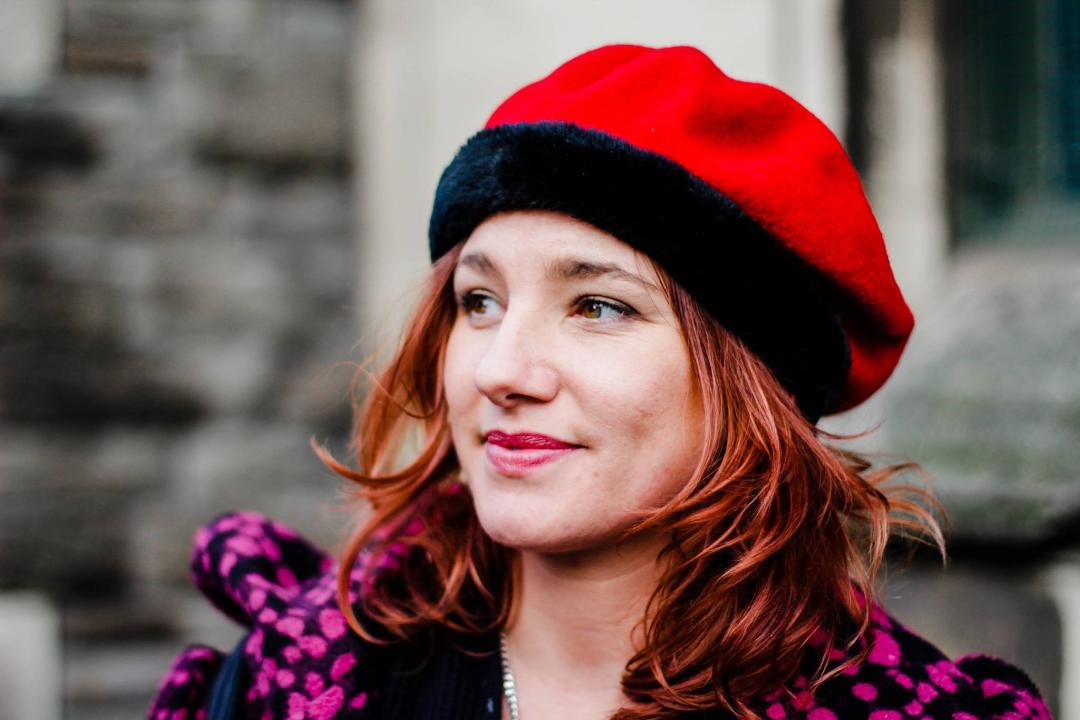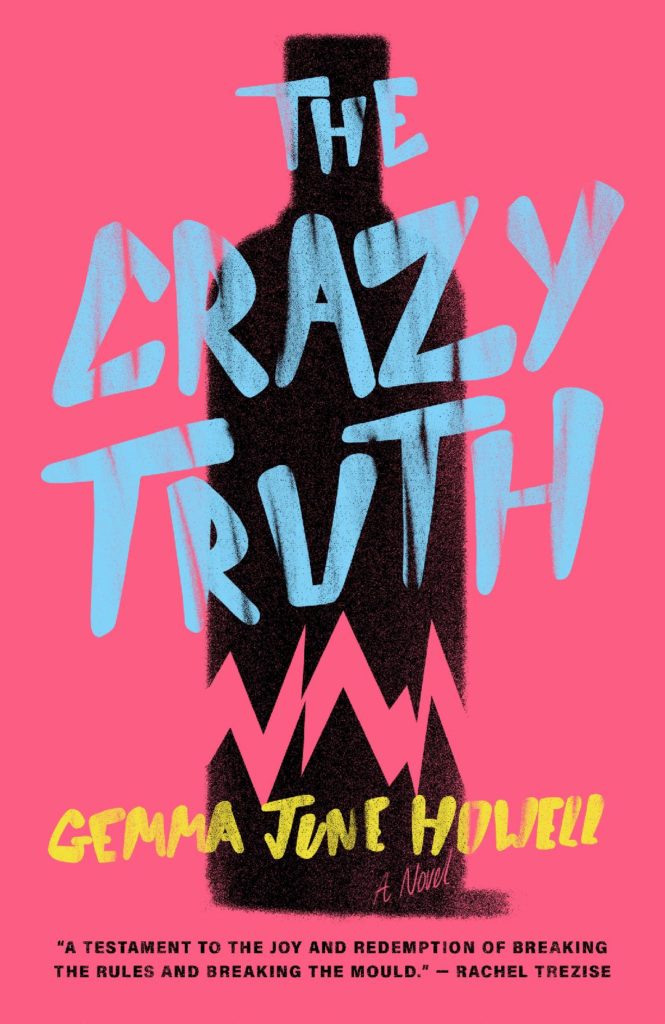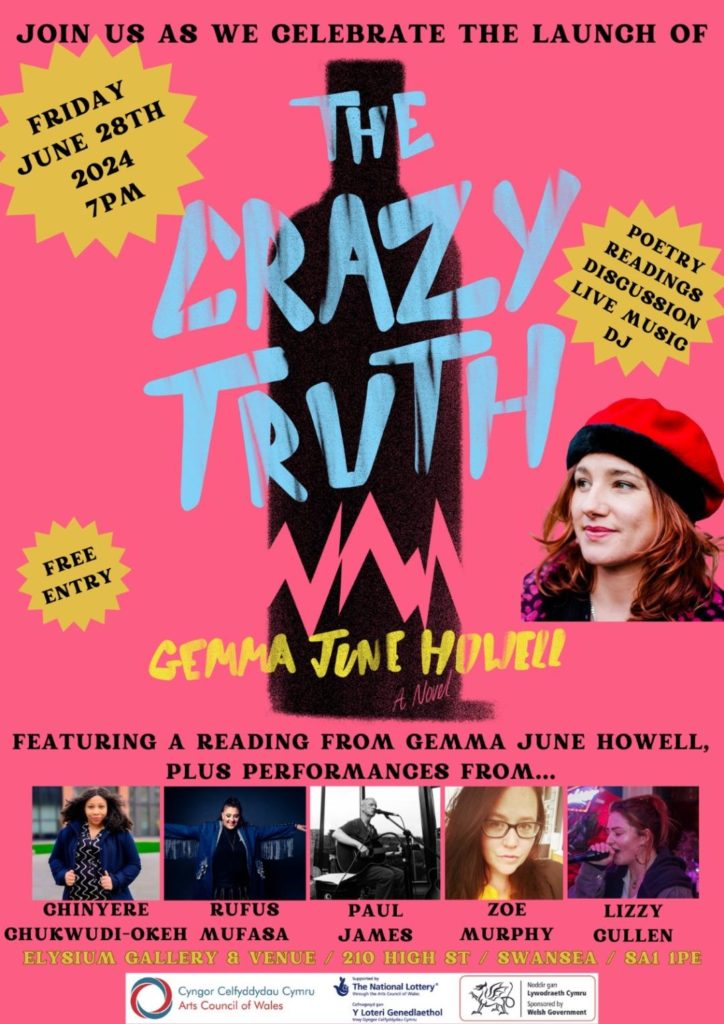On Being a Writer in Wales: Gemma June Howell

Rooted in Resistance & Resilience: The Poetic Journey of a ‘Chavette’ Valleys Girl
Gemma June Howell
‘We maintained that what was wrong with literature was that it was out of touch with a large majority of people: it was not written for them, and it was not written by them. So the problem was not how to judge literature or respond to a poem, it was how to write a different kind of novel or poem. Since literature was class restrictive it was the job of the Socialist to break through this restriction, by producing another kind of literature.’ (Raymond Williams)
These words of socialist cultural critic Raymond Williams deeply resonate with my journey and aspirations as a poet and writer from a working-class background.
Just as Williams advocated for a more inclusive and accessible literature that reflects the lives of ordinary people, I strive to write in a way that speaks directly to the lived experiences and struggles of the marginalised other.
Born in Caerphilly Miners’ Hospital in 1983, I entered a world of political upheaval during the South Wales Miners’ strikes.
My early years were immersed in the heritage of a mining family; my grandfather was a miner, and my father was a socialist activist who stood on the picket lines at Ffestiniog and attended RCP gatherings in London.
My childhood was set against the backdrop of Graig-Y-Rhacca, locally known as The Rock, a council estate in the Rhymney Valley “built to contain the blue-bloodthirsty miner masses,” rife with social inequality and economic deprivation.
We were poor, a reality that became starkly clear when my parents separated, and I moved to the leafy suburbs of Folkestone with my mother and brother at the age of five.
Political passion
My father, a bricklayer, aspired to break the cycle of poverty and secure a better future for his children. He pursued higher education at Coleg Harlech and then Cardiff University, studying under prominent Trade Unionists.
He exposed my brother (now a lecturer in Social Policy) and I to political activism from a young age, taking us to Anti-Apartheid and Free Nelson Mandela marches in London.
In addition, my great uncle, the legendary Jack Russia, a local communist and Spanish Civil War veteran, often delivered impassioned speeches outside Caerphilly’s Tesco, laying the historical foundations of a lifelong political passion in me.
My paternal grandmother was a formidable force in the community, advocating for women’s equality and local issues. She was Chair of Welsh Women’s Aid, a Community Councillor, and a close ally of Ron Davies and Ray Davies in their fight against local corruption and for Welsh devolution.
This upbringing instilled in me a deep-seated belief in social justice and grassroots activism.
Back on The Rock, living with my grandmother from age 12, I became actively involved in local politics, representing my age group at council meetings, campaigning for Welsh Independence and chairing the school council for two years.
I joined the Red Poets Society at 16, performing at their Poems and Pints events in the social clubs of the valleys.
I began to write in the dialect of the Rhymney valleys and my poem, ‘Fear of the Unknown,’ won second place at the Aber Valley Arts Competition in 1999. I’d caught the bardic bug!
Later I’d go on to study politics, then an MA under Nigel Jenkins at Swansea University before completing a PhD under the supervision of Jon Gower, from which my poetry novel The Crazy Truth was published by Seren this year.
Brutal honesty
The late 90s in the valleys were marked by political apathy and disenfranchisement among my peers. The Rock boys dominated the social landscape. Street violence and abuse was normalised, fuelled by poverty and the breakdown of community structures and services.
As a newbie ‘Chavette’ Rock girl, I tentatively navigated this chaotic environment, recording my thoughts in verse. The weekends culminated in raucous gatherings at Caerphilly nightclub, The Checkmate, where alliances were forged, fistfights broke out and gossip was spread.
The chaos of these experiences shaped my resilience and informed my understanding of social dynamics and survival. But I always felt that when I went to university I would have a quieter life, but people on the outside were just as vicious, except they put a veneer on it.
I missed the brutal honesty of life on The Rock. Life off it was superficial, alien and I missed the grit and hard love of my community.
In his 1958 essay, Culture is Ordinary, Raymond Williams critiqued the exclusionary nature of cultural elitism, challenging the notion that culture belongs exclusively to the middle or upper classes.
Williams questions the exclusionary nature of culture with elitist ideology dominating what is deemed worthy of cultural or educational consideration.
His insights resonate deeply with my own experiences growing up in a working-class community where our voices and experiences were often overlooked or dismissed.
Williams’ analysis of class dynamics and cultural representation sheds some significant light on the rising systemic barriers and stereotypes faced by the working-classes today, which continue to shape mainstream societal perceptions and opportunities for working-class people.
There is a wealth of unheard voices waiting in the margins to contribute to the epistemological development of society.
Power and control
In comparison, representations of upper and middle-class people include lives that focus on power and control, whereby they have the confidence to impose their will and culture upon the world. In contrast, working-class lives become the object of such power and control.
From a critical theoretical perspective, working-class people whose cultural manufacture have, over the last forty years, been engineered uneducated, inarticulate, outdated, incompetent and unqualified, but are effectively victims of a hegemonic hate speech.
Because their voices are essentially cancelled within mainstream society, this would constitute epistemic hermeneutical injustice as silencing dumbs working-class people, both literally and metaphorically.
Within mainstream society, working-class knowledge, experience and expertise are often deemed irrelevant, because according to ‘common’ knowledge, working-class people are in need.
As such, they are beneficiaries of professional assistance and advice, rendering them subjects of middle-class discussion and assumption.
This, in effect, is part of broader cultural assimilation, which seeks to ghettoise, ostracise and dehumanise working-class people and their cultures.

Silenced voices
Through all of my lived experiences, I’ve channelled observations and struggles into my writing. My work often reflects the complexities of working-class identity, the impact of political activism and the relentless pursuit of social justice.
Today, I continue to draw upon my vibrant, yet turbulent background to inform my literary and academic investigations, advocating for silenced voices and striving to break the mechanisms of oppression and exclusion that have shaped so much of my life and writing.
As I continue to navigate the complexities between social ontology and historical realism, I am reminded of Williams’ call for a more inclusive and equitable cultural landscape — one that recognises the diversity and richness of working-class experiences.
I believe that my editorial input with Land of Change: Stories of Struggle & Solidarity from Wales (Culture Matters) as well as my novel, The Crazy Truth (Seren Books), serves as a valuable contribution to the resilience and creativity of subjugated communities like Graig-Y-Rhacca, challenging stereotypes and amplifying marginalised voices in the ongoing battle for social justice and equality.
Gemma June Howell’s debut novel The Crazy Truth is a hybrid poetry novel following the story of valleys poet, Girlo Wolf. Set in post-industrial Britain, spanning four decades, this novel follows Girlo’s journey as she battles with mental health and childhood trauma. Through her experiences and those of her working-class community, Girlo discovers that her words are a path to survivorhood.
The Crazy Truth was published by Seren Books in May 2024 and is available to buy online and from all good bookshops.

Gemma will be holding a Big Launch Party for The Crazy Truth featuring performances from Rufus Mufasa, Chinyere Chukwudi-Okeh, Paul James, Zoe Murphy and Lizzy Cullen at The Elysium Gallery & Bar in High Street, Swansea on Friday 28th June at 7pm. This event is FREE.
Support our Nation today
For the price of a cup of coffee a month you can help us create an independent, not-for-profit, national news service for the people of Wales, by the people of Wales.







